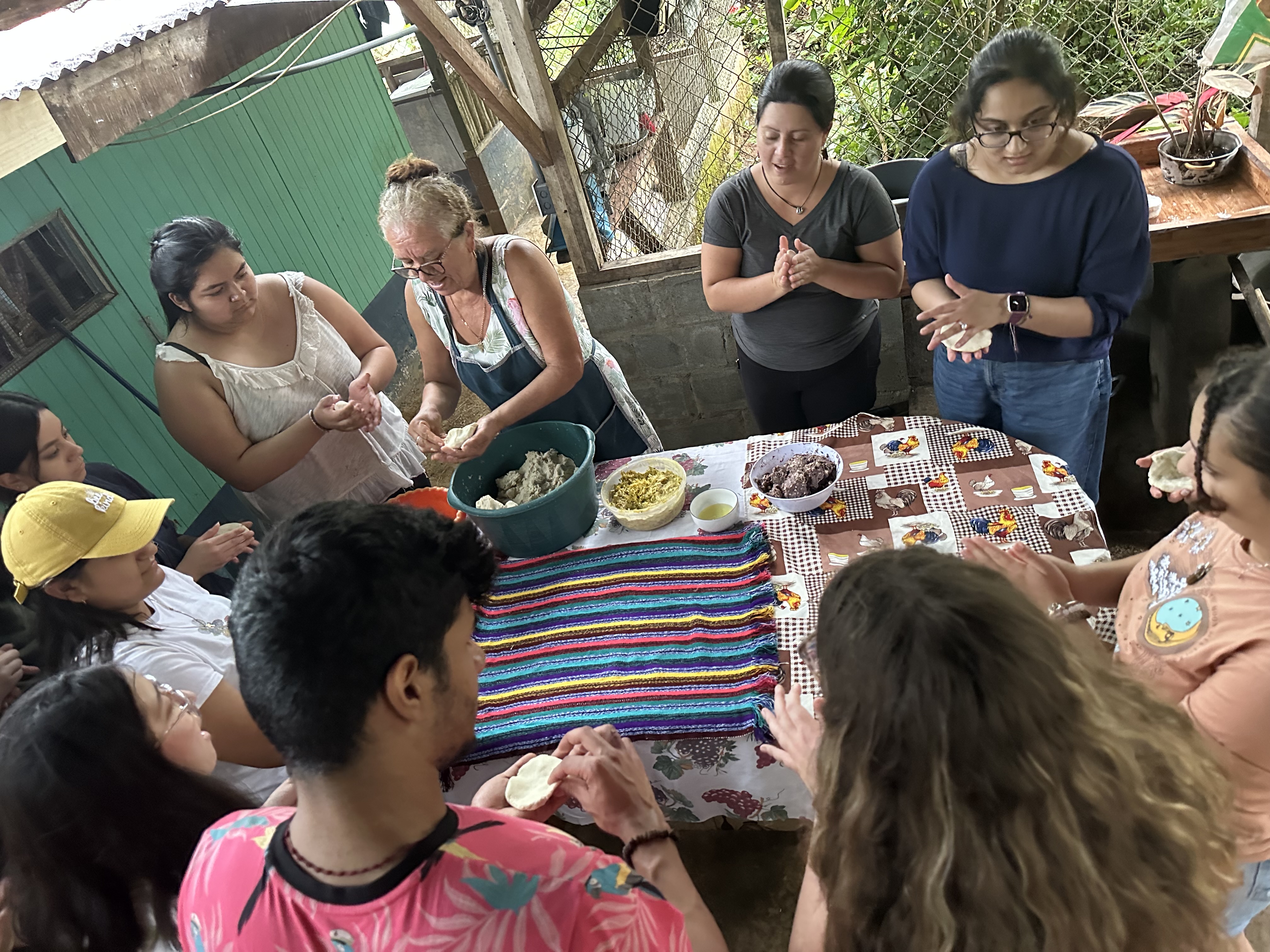
Costa Rica
Health Care and Education as Human Rights
Costa Rica abolished its military over 70 years ago at the end of the Costa Rican Civil War, making it one of the few nations that do not have a standing army. The intention in abolishing the army was to divert funding to healthcare, education, and culture. It worked. Costa Rica guarantees universal public education in its constitution, spends 6.9% of its budget on education (compared with global average of 4.4%), has a 97% literacy rate and is known as a highly educated, bilingual workforce. Cost Rica has universal healthcare, a successful mix of public and private health care systems, and an international reputation for providing excellent care. Costa Rica invests significant money in upgrading hospitals and training medical staff. In addition, Costa Rica has one of the highest life expectancy rates in the world, and is consistently ranked one of the world's happiest countries. On this project, in addition to exploring the education and healthcare systems, students will explore the history and culture of Costa Rica. By listening to first-hand stories, engaging with host families, and utilizing guides from the region, students will develop a thorough understanding of the reality of everyday life for Costa Ricans.
Going beyond the beautiful and glamorous location presented in US media, students will also have a chance to dive deep into immigrant communities, to learn about the struggles and oppression people have faced in Costa Rica, and how the community is responding in innovative ways. The group will visit Longo Mai, a community that has experienced different waves of refugees from Nicaragua and El Salvador—to learn about the history of the community and its environmental conservation, self-sustainability, and community organizing efforts. Students will connect with the community through guest lectures and host family stays.
Sample Itinerary
| Day | Sample Activities |
|---|---|
| Day 1: Travel to San Jose | Orientation and Exploration of Barrio Escalante Presentations of History and Current Events |
| Day 2: Costa Rican Health Care System | Visit Casa Hogar La Esperanza Conversation with a Nicaraguan Medical Doctor forced to flee to Costa Rica |
| Day 3: Visit La Carpio | History Presentation of the Community in La Carpio Guided Tour of La Carpio and Local School |
| Day 4: Quepos and San Jose | Guided Tour of Manuel Antonio National Park Visit Irazu Volcano |
| Day 5: Doka Estate Coffee Plantation | Guided Tour of Doka Estate Travel to Longo Mai |
| Day 6: Longo Mai Costa Rica and Europe presentation | Sustainability the Impact of Pineapple Plantation Popusa Cooking Class Dance Lessons by Local Youth |
| Day 7: Return to San Jose | Costa Rican National Museum Musical Presentation by Nicaraguen Artists |
| Day 8: Travel back to Gettysburg |
Contact Us
Email cps@gettysburg.edu or call 717-337-6490.
